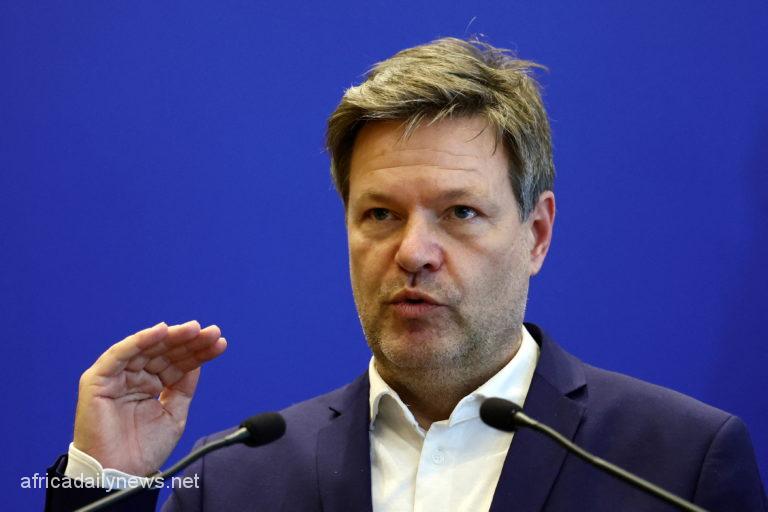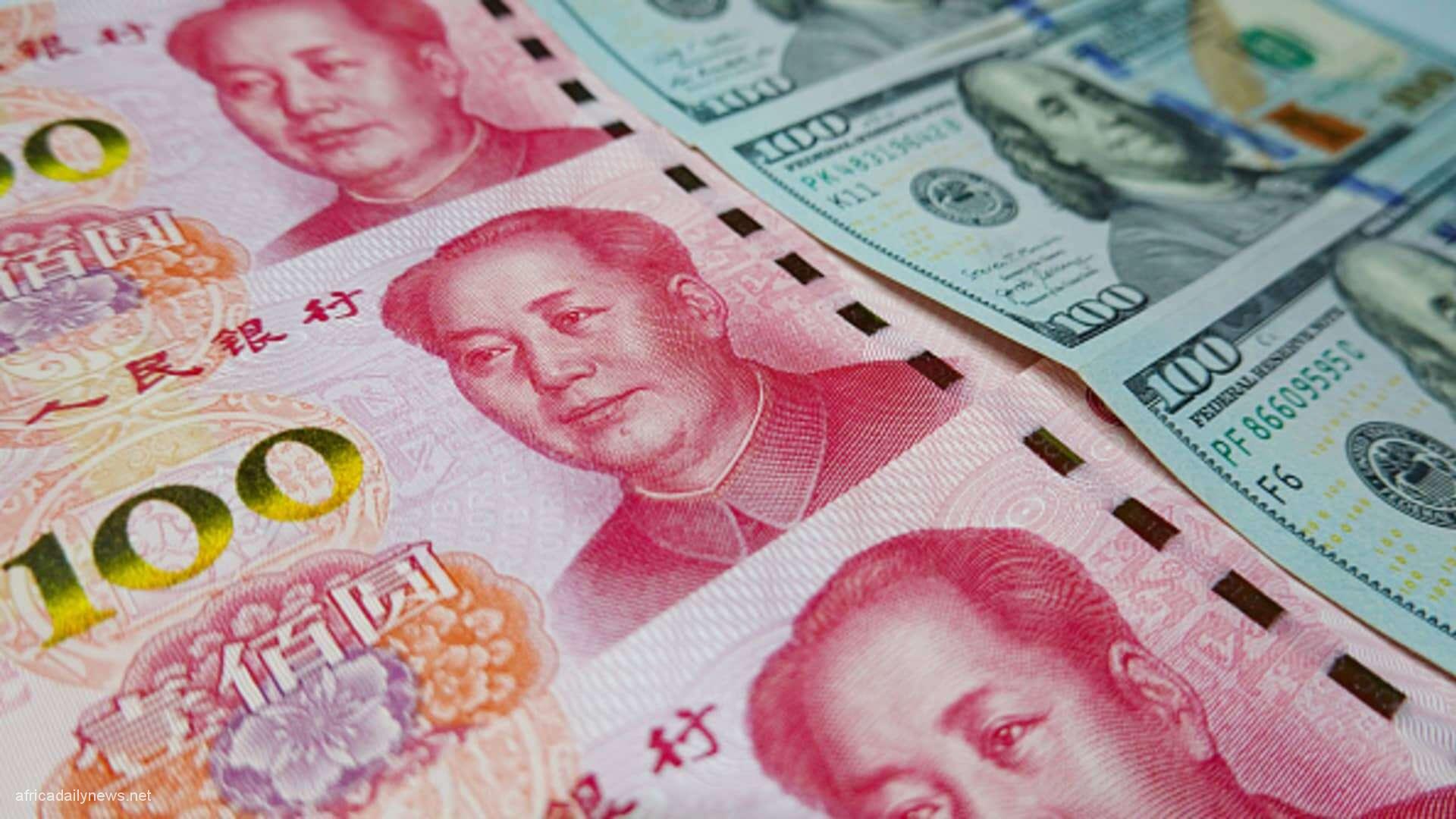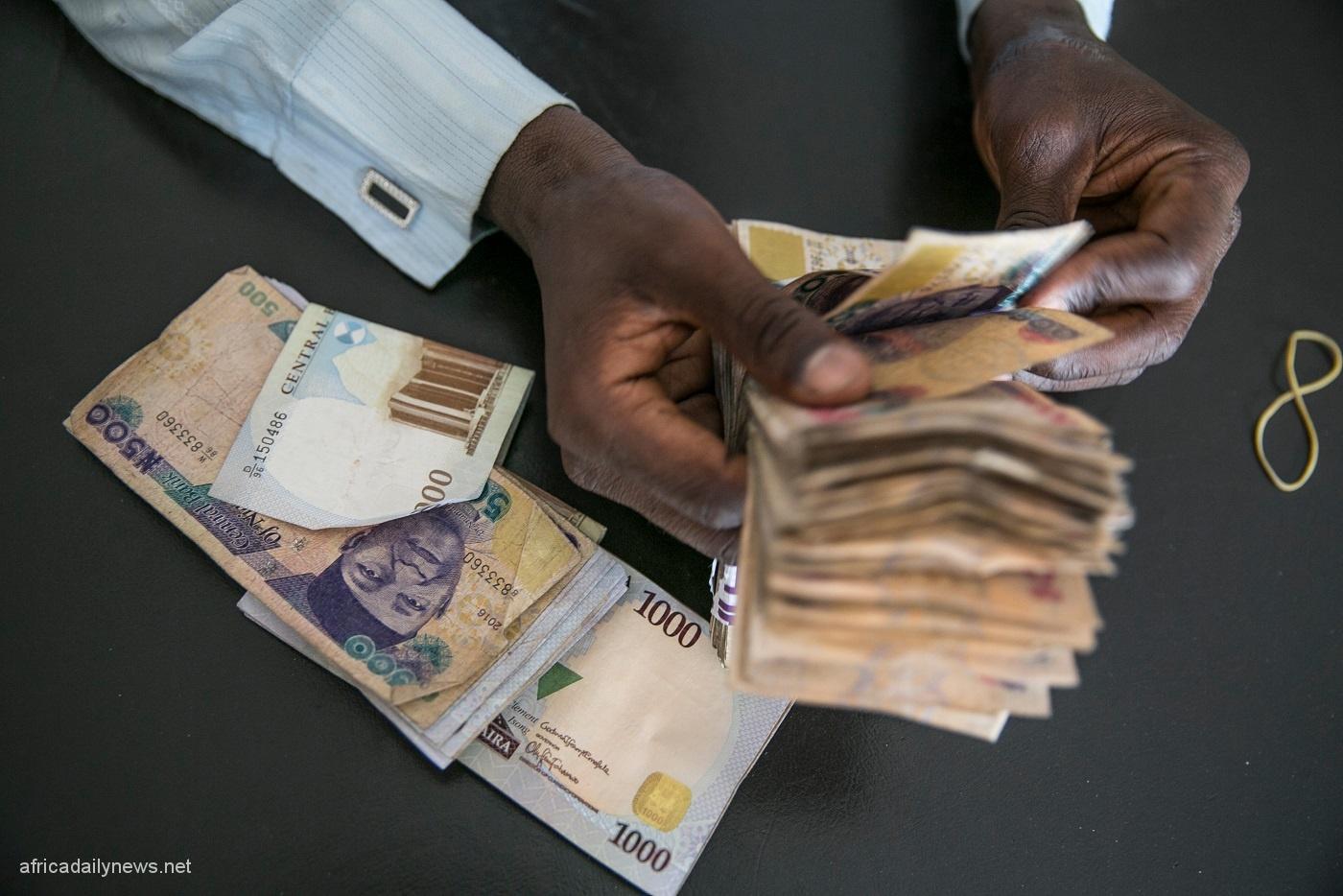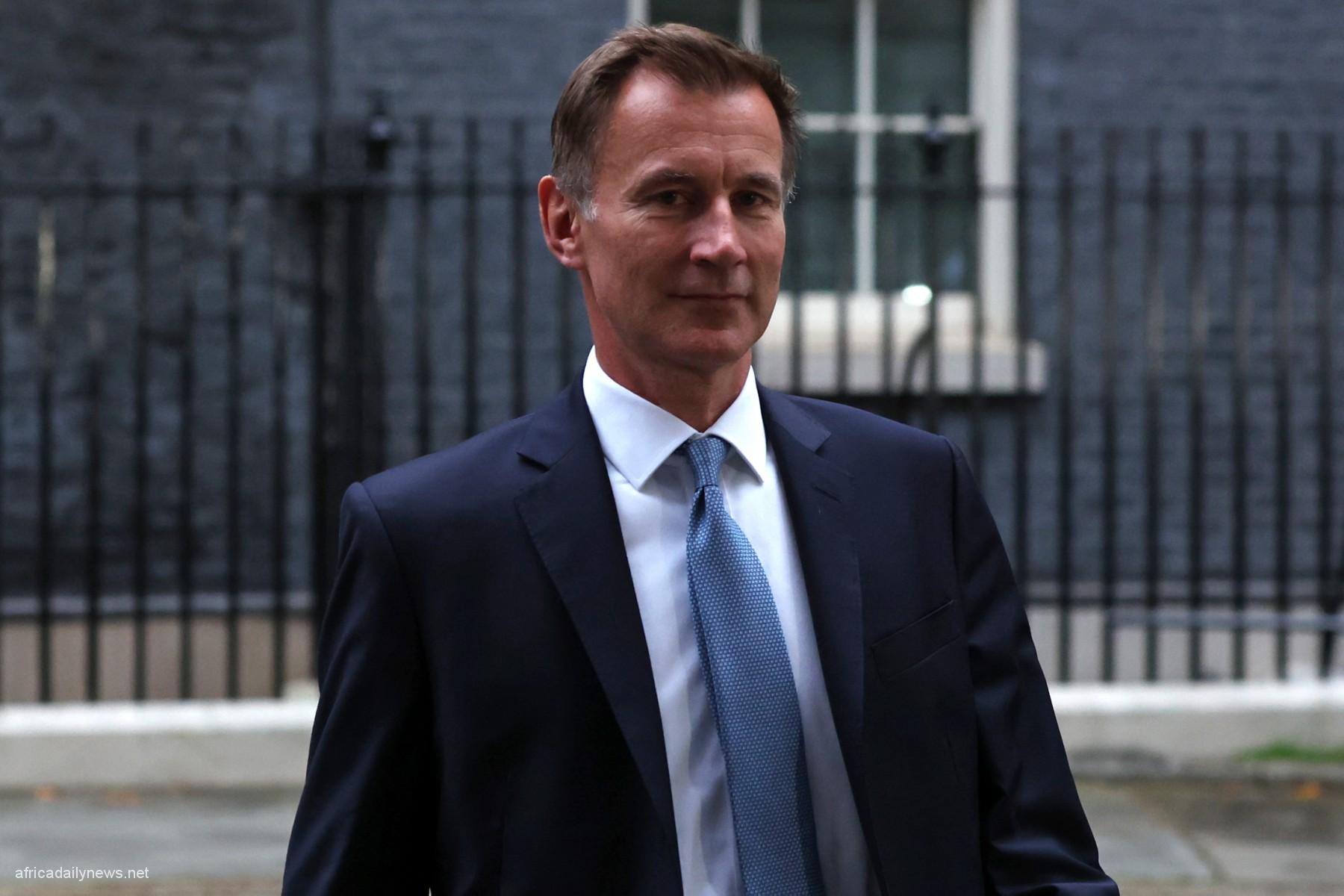German Foreign Minister Annalena Baerbock on Monday disclosed that Berlin was ready to support a gradual, EU-wide embargo on Russian oil imports which could come in place before the end of the year.
Speaking on Germany’s ARD television which was monitored by Africa Daily News, New York which was monitored, Baerbock said; ‘And we are preparing this in such a way, that we could if necessary keep it up over the coming years’.
Her statement comes a few days after Economy and Climate Minister Robert Habeck disclosed that he expects Germany could be fully independent of Russian crude oil imports by the end of summer.
The Economy and Climate Ministry asserted that the goal was ‘realistic’ in a tweet.
Africa Daily News, New York reports that in a statement, Habeck said Germany, the largest European economy, had already reduced its share of Russian energy imports to 12% for oil, 8% for coal and 35% for natural gas.
Read Also: Deadly Russian Airstrike Hits Ukraine’s Capital, Kyiv
Ukraine and other countries, notably the Baltic states, have cut energy imports from Russia and put pressure on Germany to do the same.
EU energy ministers were set to meet in Brussels on Monday to discuss how to deal with Russia’s decision last week to halt gas supplies to Poland and Bulgaria.
‘All these steps that we are taking require an enormous joint effort from all actors and they also mean costs that are felt by both the economy and consumers,’ said Habeck in a statement.
He went on to add that the steps being taken to wean Germany off Russian energy ‘are necessary if we no longer want to be blackmailed by Russia.’
Speaking later, after a meeting with business associations, Habeck admitted that higher prices in Germany were there for the long run, as the state could not cushion all energy price increases.
However, he said that for a number of firms, the consequences of higher energy costs would not kick in until 2023, as many companies had long-term contracts on fixed terms.
Later on Monday, Habeck said that most of the current enegy supplies arriving from Russia go to the Schwedt refinery near Berlin. The minister acknowledged that losing those supplies could result in a “bumpy” situation for the capital and surrounding region, with price hikes and shortages, but that wouldn’t result in Germany “slipping into an oil crisis.”
Africa Daily News, New York










